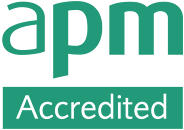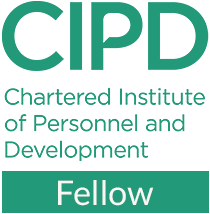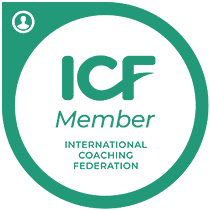
It’s time to think differently. The last few years have changed all our lives. Feedback from some of the last Masters programmes I ran was ‘ if we hadn’t attended the personal development aspects of this course, we would not have been as well prepared, or as agile as we were, to adapt’. Arguably the scale of change requires for many requires a phoenix like rebirth. Like many of you, my working world has changed markedly over the last few years. I left an organization, had a knee replacement, caught COVID, which resulted in long-Covid and finally researched and sought the support I needed to become well again to enter 2022. In other words, I had to adapt and to learn new habits at a point in life when my physical and mental health became key challenges. A mixture of physical issues, limiting belief and very damaging personal events, meant I needed to apply the fundamentals of the course I delivered to myself and with a level of commitment I’ve not had to put in for a long time.
What changes have happened in your life? Do you want something different for yourself? Are you prepared to adapt? What do you want to commit to?
There are so many books and videos out there to give you ideas and support your development. The role of a coach is to help you make sense of that journey; to keep you on track, by focusing on the habits that you need to break; and, to grow in order to reach your goals and vision. There are some basic skills, though, and without them it’s difficult to make the changes we want to make, primarily:
1) To have a system that enables effective learning.
2) To understand the nature of habit breaking and what this requires.
3) To have a strong vision and goals along the way to keep on track.
To have a system that enables effective learning.
I have asked hundreds of people about how they learn best. It provokes all kinds of responses. Many think of school and either their ease or difficulty with more academic learning. Some think of the skills they learnt, like riding a bike and often talking about the time it took. A few think more about the need to keep learning and relearning. Not many though are able to talk about their system for learning. Fortunately, there are tools that can help us step back and think about how we learn objectively. Most of us have some blindspots when it comes to learning. The first thing I will do is help you work through your learning practice and help you build a life-long approach that makes achieving your goals easier.
Do you know how you learn best? Are you aware of what hinders your learning?
To understand the nature of habit breaking
Habits form as the brain is looking for ways to save effort and free up capacity for things which really need focus. You will recall the four-step development process from “unconscious incompetence” to “unconscious competence”. If you learned to drive then you will remember, at the outset needing to focus hard on setting up the car so you were comfortable and could see properly, the order of checking mirrors and signaling before moving, knowing when to shift gear whilst keeping an eye on the road. It was hard work, right? Eventually you formed habits where you no longer have to think about this and it becomes second nature, you achieved unconscious competence.
Habits are also made up of cues or a trigger where you act and behave in a certain way for which you get a reward. For example, when I was younger I used to like eating milk chocolate. The cue or trigger was often in a social setting where the reward for eating was feeling part of whatever group I was in by eating the chocolate. To break the habit I needed to become aware of what the situation was that prompted me to eat chocolate i.e social setting. My behaviour was to eat it, thinking it was lovely. By focusing on what reward I got and testing whether the chocolate really was lovely I discovered something. It tasted overly sweet and not really that pleasant. I chose a different reward, of dark chocolate which is much better for you! Over the course of a few months, I swopped to dark chocolate, still meeting my social goal but doing it in a healthier way.
What are the habits you might need to break to achieve your goals?
Understand your vision and goals
Stephen Covey wrote a well-respected book “The Seven Habits of Highly Effective People”. One habit is to start with the end in mind, the “vision”. The more vivid you can make your vision, i.e. what you would see, hear, may be smell or taste, feel and think, is how you make a vision vivid. It also has to be something meaningful to you and be something to which you can practically commit. Goals are steps along the way to that vision. We don’t always know all the goals that will get us to our vision but we at least need to know how we start the journey.
What is the vision you are aiming for?
I am here to help you
Get in touch with me today and let’s start the journey together. If you want further information about the general coaching programmes please see the attached coaching brochure 2



